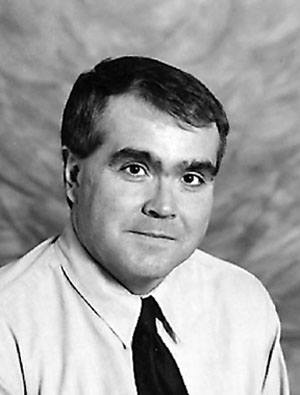It is one of the contradictions of modern society that we can instantly contact people from all over the world using social media, but often don’t know the names of the people who live on the same street.
In contrast, the early pioneers usually lived some distance away from their neighbours, but still knew what their neighbours were doing and a great deal about their personal lives and families.
The speed at which “the news” could get around a district was often quite incredible. In one instance, Jean Hodgkinson, a young school teacher from the Edwell district east of Penhold, was on her way to a dance at Willowdale with her boyfriend when their car went off the road into Cream Coulee. Although they did not see anyone as they worked to get the car back on the road, when they finally arrived at the dance, everyone in the schoolhouse knew what had happened.
There were strong reasons for the closeness of the early communities, despite the challenges of distance. It could often be a matter of life or death. If a woman went into childbirth, often it was a neighbour who was the midwife as there was no way to get the mother to a hospital or to get a doctor out to the farm in time.
Similar things happened in the case of accidents or critical illness. If a farmer gashed his knee with an axe while clearing land, he would often rely on a neighbour to help bind the wound and maybe even stitch it up. If a child became ill, the neighbours would help with their supplies of medicines and home remedies as well as with the bedside care until the child was better.
Dr. Richard Parsons, a Red Deer pioneer doctor, wrote of an urgent call to a patient west of Sylvan Lake. A terrible storm was raging that made the trip very hazardous. However, word of the doctor’s journey rapidly preceded him. Hence, the farmers went out to stand alongside the road, holding lanterns so the doctor wouldn’t lose his way and also to help in case the doctors’ buggy got stuck.
If someone was wiped out by fire, not an uncommon occurrence in the days of burning wood and coal for heat, all the neighbours would turn out to provide emergency shelter and clothing for those who had lost everything. Later, they were there to help with the construction of a new home.
Neighbours helping neighbours was not limited to times of crisis. Leonard Gaetz, the first settler of what is now downtown Red Deer, told of the challenges of building his first log home when he arrived in the spring of 1884. Leonard Gaetz and his sons were not very experienced in the construction of log houses and soon realized that they would need some help.
Four bachelors from the Red Deer Crossing settlement showed up. They were skilled axmen and craftsmen. They quickly erected a snug, well-built, two-storey log house. They were quite hurt, however, when Rev. Gaetz offered to pay them for their work. They were only doing something to help a new neighbour and did not want to be paid for their help.
Barn raising bees were the rule, not the exception. Entire districts would show up to help with the job. The men would do the heavy lifting and the carpentry. The women did the massive amount of cooking needed to feed all those who turned out for the bee. Once the structure was finished, it was often inaugurated with a community barn dance.
Harvesting also involved an enormous amount of heavy physical work. Neighbours would often pool together for threshing bees. Moreover, if one finished his harvesting before the others, he wouldn’t take a rest, but rather would go to the neighbours to help them finish their harvest.
Thus, Central Alberta developed with a strong tradition of volunteerism and “grass-roots” communal effort. No one thought of it as anything special. It was just something you did, since, in the end, everyone benefitted.
On Saturday, Sept. 25, from 7 p.m. to 9:30 p.m., the Shalom Counselling Centre is holding a special “friendraiser” at the Crossroads Church. The evening will include music, drama and stories about the pioneer community spirit, as well as a great deal of fun and friendship. Tickets are only $20 in advance or $25 at the door. Contact 403-342-0339 for more information.



